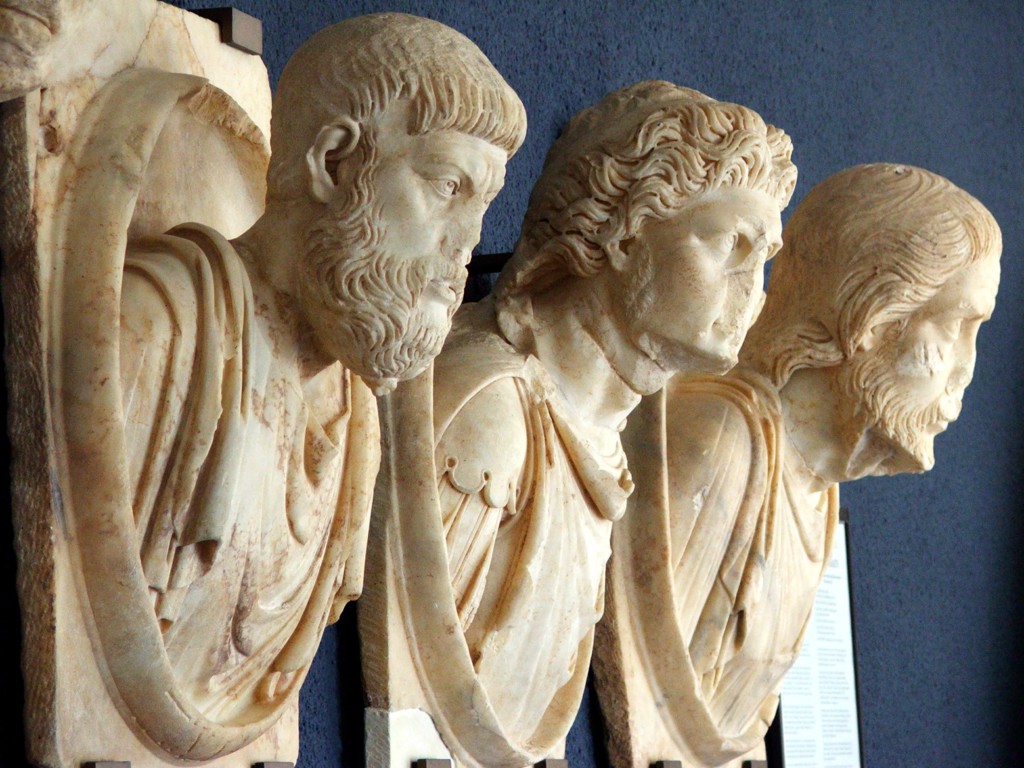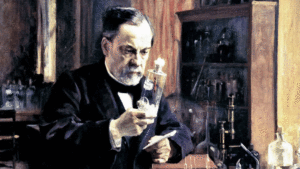Life is precious, it is the gift of God that is why he has forbidden us to take life unjustly. Julius Caesar the Roman emperor was immensely popular with the people of Rome. He was a successful military leader who expanded the republic to include parts of what are now Spain, France, Germany, Switzerland, and Belgium. Caesar was also seen as a cultured man and was a popular author who wrote about his travels, life theories, and political views. So when he was assassinated the people were not happy, even though the conspirators claimed to be acting based on the principles of law and justice in removing a dictator. However, the death of Julius Caesar ultimately had the opposite impact of what his assassins hoped. Much of the Roman public hated the senators for the assassination, and a series of civil wars ensued. In the end, Caesar’s grandnephew and adoptive son Octavian emerged as Rome’s leader. He renamed himself Augustus Caesar. The reign of Augustus marked the end of the Roman Republic and the start of the Roman Empire. One of the leading conspirators was Gaius Cassius Longinus, he believed he was striking a blow for the restoration of the Roman Republic. However, it plunged the Roman world into a new round of civil wars, with the Republican forces of Brutus and Cassius vying for supremacy against Octavian and Mark Antony. Cassius was a Roman senator elected as Tribune of the plebs in 49 BC and a governor by the Senate. During the first Battle of Philippi against the forces of the general Mark Antony he was defeated. It is said that one of Cassius’ legates failed to convey news of Brutus’ victory, leading Cassius to believe that Brutus was defeated. Believing that his co-conspirator was also defeated, he requested his soldiers to kill him and consequently committed suicide on 3rd October 42 BC. Brutus however, had won his battle with Octavian and on hearing the news that his brother – in – law was dead described him as “the last of the Romans,” and had Cassius buried at Thasos. Marcus Junius Brutus the other leading co-conspirator, following the first battle, Brutus assumed command of Cassius’ army with the promise of a substantial cash reward. He also possibly promised his soldiers that he would allow them to plunder Thessalonica and Sparta after victory, as the cities had supported the triumvirs in the conflict. Fearful of defections among his troops and the possibility of Antony cutting his supply lines, Brutus joined battle with the opposing troops. The resulting second Battle of Philippi was a head-on-head struggle in which the sources report little tactical manoeuvres while reporting heavy casualties, especially among eminent republican families. Just 20 days after his victory in the first battle of Philippi, on 23rd October, Brutus’ army was crushed by the combined forces of Octavian and Antony. Brutus fled into the nearby hills with about four legions. Knowing his army had been defeated Brutus took his own life by falling on his sword as he didn’t want to be taken prisoner.
Brutus and Casssius had done wrong, and for over two years they fought battles defending their actions before again taking a life, their own. The Bible speaks of a man who was about to take his own life and says “Do thyself no harm”, in Acts 16:28. The situation is completely different but the scripture truth doesn’t change. Life is precious firstly because before the eyes of God the life of man is worth something, it is precious. Man is created in the image of God, man has the ability of logic and reason he can think things out distinguishing him apart from the animal kingdom and nature. This places a special worth upon the life of man and therefore teaches it is wrong to commit an unjust killing or to take one’s own life. Man is God’s handiwork and he saw so much worth that his son the Lord Jesus Christ was willing to die on the cross as an atonement for the sins of man. Life is precious therefore, do thyself no harm.
P.Pilgrim. pilgrimway101@yahoo.com




